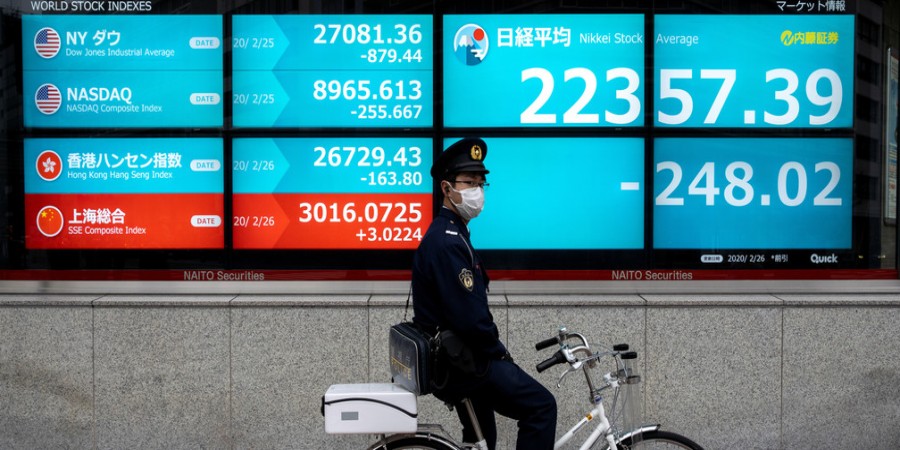As the government, private businesses, civil society, and the public at large grapple with the emerging pandemic situation across the country, an important debate has evolved in many circles regarding the degree to which the scourge of coronavirus (Covid-19) might impact the Pakistani economy.
It is a cursory deduction to state that the impact will be severe and large, but it is important, even in the midst of a fluid situation, to try to assess the possible economic scenarios given the “pre-existing conditions” of our limited fiscal space, declining economic activity, exogenous pressures, and constrained resources.
To address the question in a more comprehensive manner, we constructed an aggregate expenditure model of the national economy to examine the various levers of economic activity and how vulnerable each might be to a corona contagion at multi-durational intervals of three, six, and 12 months.
Our findings were that annual GDP for the current fiscal year (FY20) might shrink by -5% year-on-year, and the final quarter (until June 2020) could contract by -10% on a quarter-to-quarter basis. This does not differ too much from other recent attempts at modelling other countries’ economies, including the United States, where quarter-on-quarter declines are estimated in the range of 8-13%.
The impacts on the following fiscal year (FY21) would be more contentious and dependent on the duration of the global and local coronavirus outbreak. A six-month extended fallout would delay economic recovery in the next fiscal year and lead to GDP contraction of -2% year-on-year in FY21, while a full-blown 12-month economic debacle (given international deflationary sluggishness and the prolonged time to a Covid-19 vaccine) could set the FY21 GDP for a further -10% contraction.
Looking at the national economy, given that consumption accounts for 80% of national expenditure, it was important to disaggregate the cyclical components from the essential. The average Pakistani household spends 40% of monthly income on food and 20% on housing and utilities. Attending to food security requirements would thus be paramount, as PM Imran Khan’s judicious corona stimulus programme recognises.
